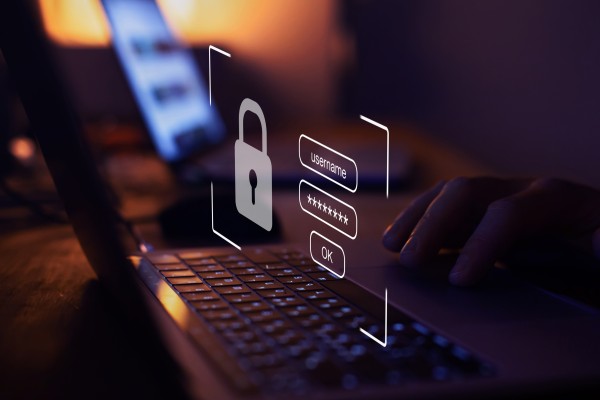Firewall Technology
Firewall technology is one of the most common and essential cybersecurity technologies for B2B companies. Firewalls are designed to protect networks and systems from unauthorized access and attacks. They work by filtering incoming and outgoing network traffic, blocking any suspicious or potentially harmful data.
Use Cases
Network Security: A firewall can be used to secure a B2B network from unauthorized access, preventing malicious actors from accessing sensitive data or causing damage to the system.
Web Security: Firewalls can also protect B2B websites from cyber attacks, blocking any malicious traffic from entering the site and preventing potential data breaches.
Antivirus Software
Antivirus software is another essential cybersecurity technology for B2B companies. It is designed to detect and remove malware, viruses, and other harmful software from systems.
Use Cases
Endpoint Protection: Antivirus software can be installed on individual endpoints such as laptops, desktops, and servers, protecting them from malware and other cyber threats.
Email Protection: Antivirus software can also be used to scan incoming emails for malicious attachments or links, preventing phishing attacks and other email-based cyber threats.
Identity and Access Management
Identity and access management (IAM) technology is designed to ensure that only authorized personnel can access sensitive data and systems within a B2B organization. IAM uses a combination of policies, processes, and technologies to manage user identities and access to data and systems.
Use Cases
User Authentication: IAM technology can be used to verify the identity of users accessing B2B systems, ensuring that only authorized users can access sensitive data.
Access Control: IAM technology can also be used to restrict access to sensitive data and systems based on user roles, ensuring that only those who need access can get it.
Encryption
Encryption is a core technology for cybersecurity in B2B environments as it provides a means of securing data in transit and at rest. Encryption involves the use of algorithms to convert plain text data into a cipher text that can only be read by authorized individuals who have the key to decrypt the data.
Use Cases
Securing Email Communications: Businesses need to exchange confidential information and encryption provides a secure way to protect the confidentiality of emails. With encryption, emails can be sent securely over the internet without the risk of interception by cyber criminals.
Storage of Sensitive Data in Databases: With encryption, sensitive data can be stored securely without the risk of unauthorized access. For example, a B2B organization can encrypt credit card details of their customers in a database to protect their privacy.
Security Information and Event Management (SIEM)
SIEM is a core technology for cybersecurity in B2B environments as it provides a means of monitoring and analyzing security-related events across an organization's systems and applications. SIEM tools collect and analyze data from multiple sources, including network devices, servers, and applications, to identify potential security threats.
Use Cases
Responding to Security Incidents in Real-Rime: For example, if a B2B organization has a security breach, SIEM tools can alert security teams in real time, providing them with details of the security incident. This allows them to respond promptly, minimizing the impact of the breach.
Compliance Reporting: Many B2B organizations are subject to various compliance requirements, such as PCI-DSS, HIPAA, and GDPR. SIEM tools can generate compliance reports, detailing the security events and incidents, providing organizations with a clear picture of their compliance status.
Quickscout
Looking for suitable
technology providers?
Start scouting!







